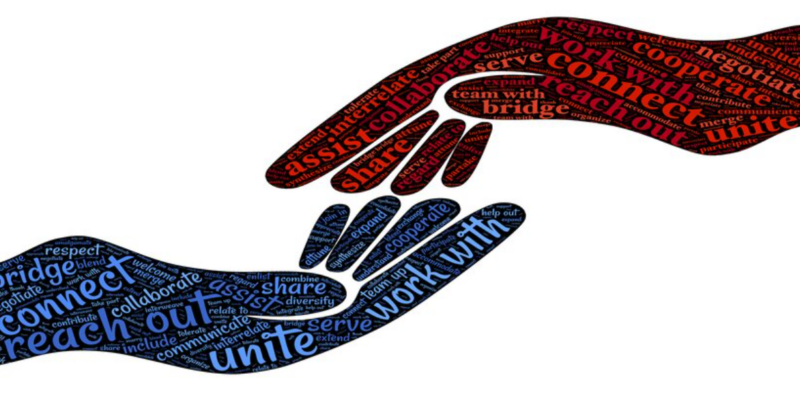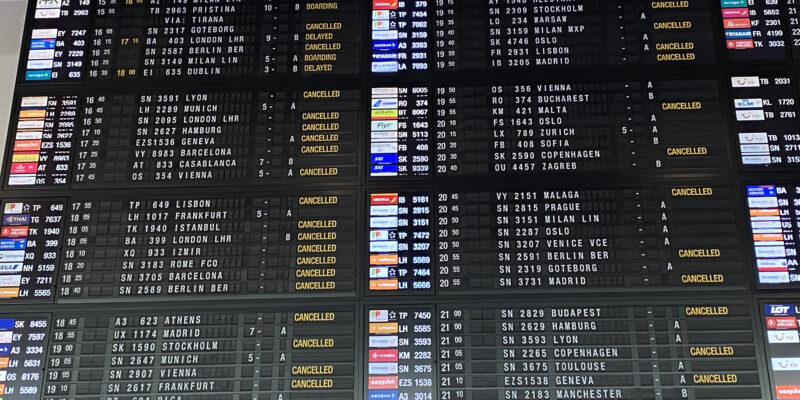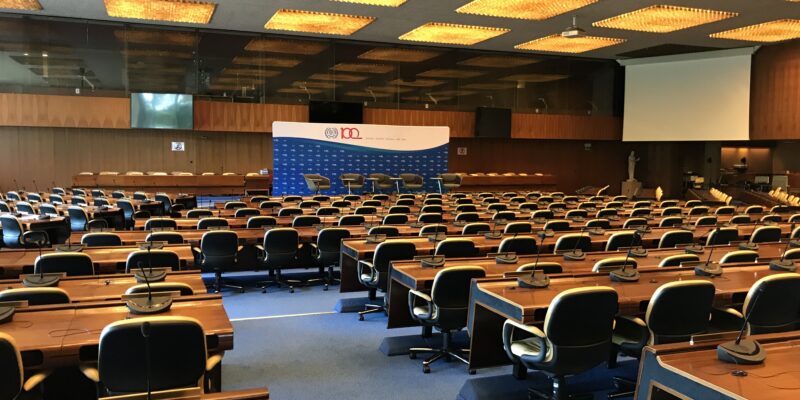Transnational Company Agreements: Past, present and future. A play in three acts.
Introduction A good decade ago, Transnational Company Agreements (TCAs) were a hot topic in Europe. In the broader context of globalisation, they were hailed as an interesting step forward in the context of Corporate Social Responsibility (CSR), nowadays called Corporate Sustainability. However, since 2016 discussions about TCAs faded and ever since it seems as if…






